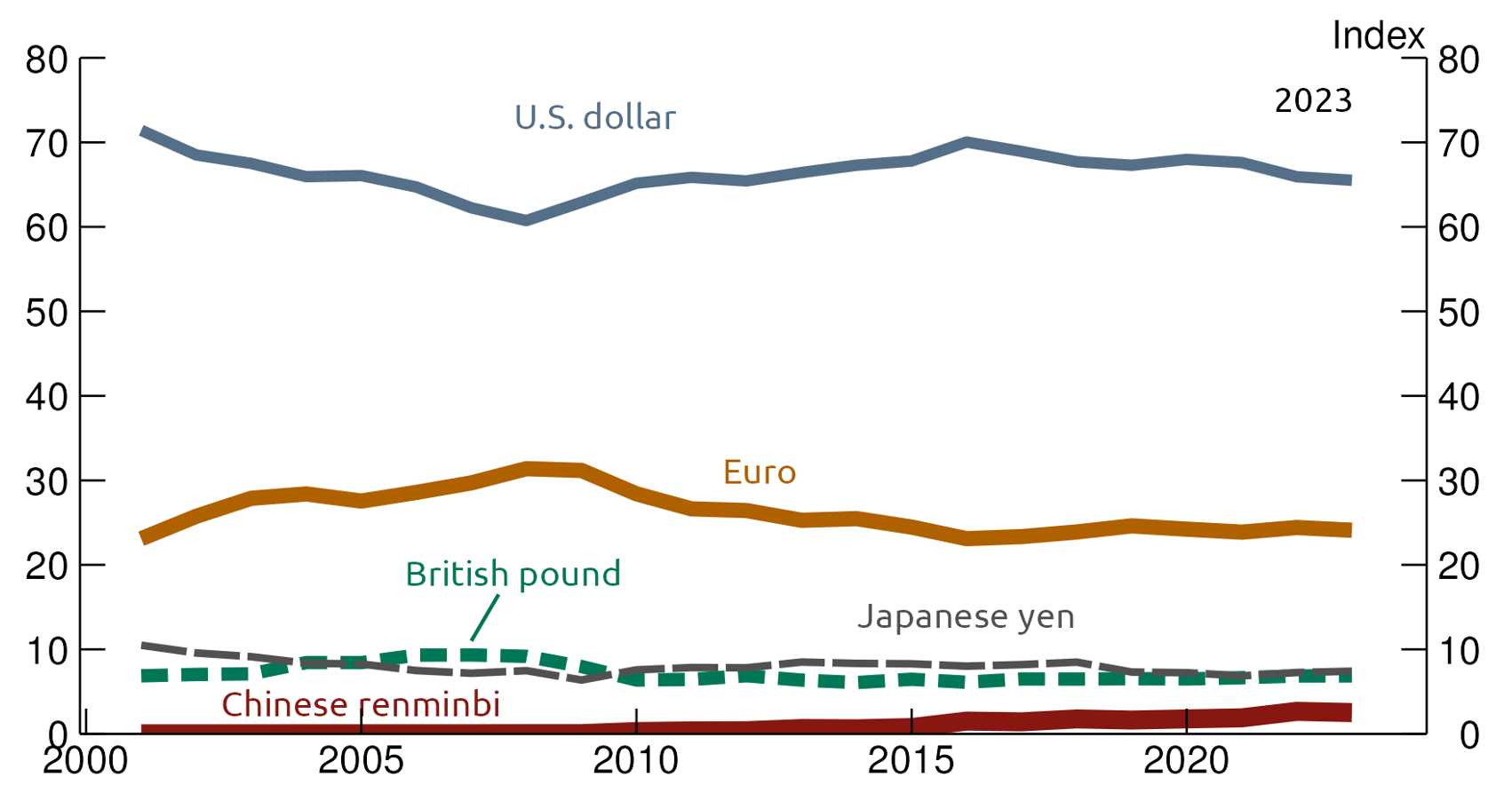The world is on the brink of a seismic shift in its financial equilibrium as China accelerates the internationalization of the renminbi (RMB). Recent announcements from the People’s Bank of China (PBOC) signal a strategic pivot towards reducing reliance on the U.S. dollar, a move that could destabilize the global economy and exacerbate existing inequalities.
China"s Challenge to Dollar Hegemony
At the recent Lujiazui Forum in Shanghai, Governor Pan Gongsheng of the PBOC issued a stark warning about the risks inherent in relying on a single national currency. His remarks, reported by The New York Times, underscored the vulnerabilities associated with dollar dominance, hinting that a diversified monetary system is essential to prevent future financial crises. While Pan refrained from directly naming the United States, his call for a more balanced global currency landscape indicates that China is positioning itself as a viable alternative to the dollar.
Implications of a Global RMB
As the RMB seeks to carve out its space on the global stage, the implications for workers and economies worldwide are profound. The expansion of China’s Cross-Border Interbank Payment System (CIPS) into regions such as Africa, the Middle East, and Central Asia is not merely about increasing financial transactions; it represents a fundamental shift in how global trade and finance are conducted. As reported by The Straits Times, this move could lead to a decrease in the dollar"s influence, impacting everything from trade agreements to investment flows.

China central bank, FX regulator meet foreign firms in ...
Workers at Risk in a New Monetary Landscape
For American workers, the potential ramifications of a diminished dollar could be severe. A shift away from dollar dominance might lead to increased inflation as the cost of imports rises. According to economic analysts, this could disproportionately affect low-income families, who spend a larger share of their income on essentials. As the purchasing power of the dollar wanes, working-class Americans may find themselves caught in the crossfire of a global currency war.
China"s Digital Currency Strategy
China’s promotion of its digital RMB serves as both a tool for economic expansion and a means of asserting its geopolitical influence. The establishment of a digital RMB international operations center in Shanghai signals a commitment to leveraging technology in pursuit of global financial leadership. This initiative could enable the Chinese government to monitor transactions more closely, raising concerns about surveillance and privacy rights, as highlighted by various human rights advocates.

The Fed - Internationalization of the Chinese renminbi: progress and ...
Consequences of a New Financial Order
The potential transition to a global financial system where the RMB plays a central role could have far-reaching consequences. Economically, it could lead to a fragmentation of global markets, with countries aligning more closely with either Beijing or Washington based on currency preferences. This bifurcation could exacerbate existing inequalities as nations with weaker economies find themselves further marginalized. Moreover, the ripple effects on global supply chains might lead to inflationary pressures worldwide, compounding the struggles faced by ordinary citizens.
As we stand at this pivotal moment, the need for accountability and transparency in global finance has never been more critical. Advocates for economic justice must remain vigilant as these developments unfold, ensuring that the drive for a new monetary order does not come at the expense of the vulnerable.







![[Video] Gunfire between Iraqi security forces and Sadr militias in Baghdad](/_next/image?url=%2Fapi%2Fimage%2Fthumbnails%2Fthumbnail-1768343508874-4redb-thumbnail.jpg&w=3840&q=75)
